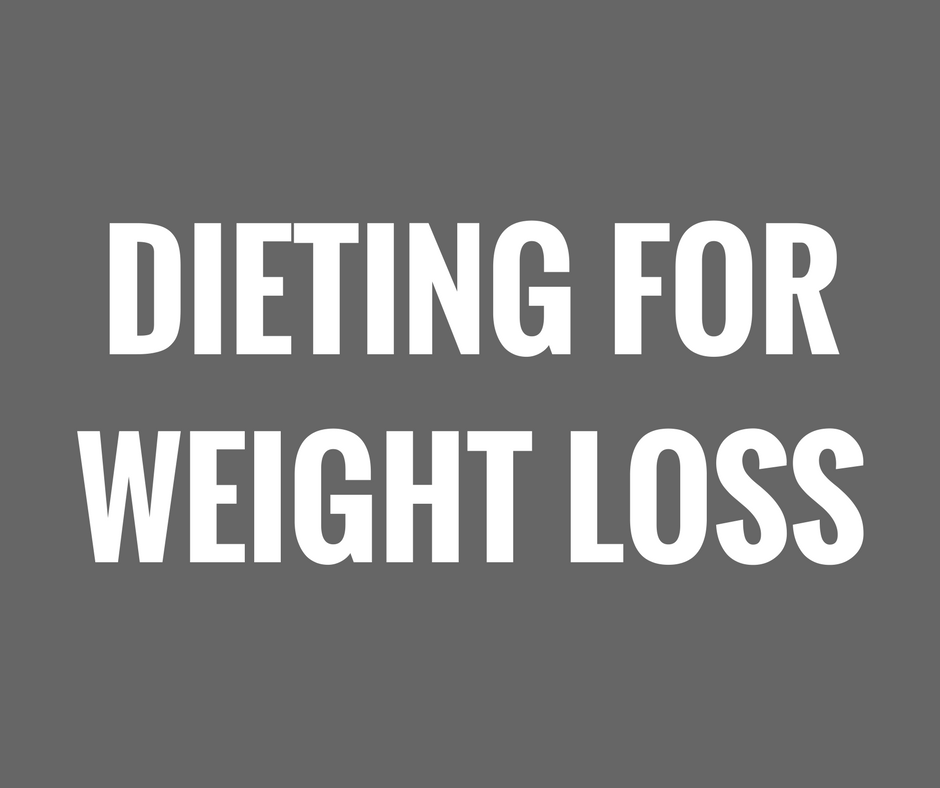29
Aug 2017
By Luke Carlson
Posted in
the four agreements,
Tom Brady,
always do your best
With
NO Comment
Permalink
Always Do Your Best
Earlier this summer, I read the book, The Four Agreements, by Don Miguel Ruiz. After all, it's Tom Brady's favorite book. I promise, I'm perfectly capable of reading a book and not thinking about how the author's message applies to strength training (I swear). However, Ruiz's 4th agreement is the perfect advice and mindset that we should adopt heading into our own strength training workouts: Always do your best.It's as if he is actually talking about our workouts when he states:
16
Aug 2017
By Luke Carlson
Posted in
strength training,
muscle,
weight,
Exericse Research,
ketogenics,
atkins,
ornish,
fat loss,
Paleo,
zone diet,
intermittent fasting,
diet,
low carb,
protein,
calorie intake,
low carb diet,
diet for weight loss,
nutrition for weight loss
With
NO Comment
Permalink
The Most Up to Date, Evidence Based Advice on Nutrition for Adding Muscle and Losing Fat
A brand-new position stand was recently published by the International Society of Sports Nutrition (ISSN) titled: "ISSN Position Stand: Diets and Body Composition. The paper serves as a review of the current literature on how various diets and nutrition strategies impact body composition. The paper effectively cuts through the nutrition folklore that so many fitness enthusiasts are immersed in. Here are two of the major takeaways that we can take action on:
- Fat loss is achieved by creating a caloric deficit. The macronutrient (protein, fat, or carbohydrates) content of the food we eat is not the key for fat loss; how many calories we eat is the key. All different "diets" can result in improved body composition including Paleo, ketogenic, Atkins, Zone, Ornish, intermittent fasting and a host of other nutrition approaches. But make no mistake, the only reason these nutrition strategies result in weight loss is because calories have been reduced. Specifically, the authors are clear that reducing carbohydrate in our diet has never been shown to contribute to fat loss (when total calories are controlled). We need not be afraid of carbs; we should be afraid of an excess of calories.
- To maximize lean muscle tissue and body composition, the authors recommend increasing protein intake from the current RDA of 0.8 grams per kilogram of body weight to 1.6 grams per kilogram of bodyweight. However, there is no apparent muscle or strength building advantage to consuming more than 1.6 grams per kilogram of body weight. What does this look like for a normal person looking to maximize strength and body composition? If I weigh 160 pounds (72 kilograms), this means I would need 115 grams of protein per day to maximize muscle tissue and strength. This is about 0.7 grams of protein per pound of bodyweight. I don't need to consume this exact amount each day. Rather, I can aim for between 0.5 and 1.0 grams per day and average out around 0.7 grams per pound over the course of a week. For many people, this represents a significant increase in protein consumption. For others, this may actually encourage a reduction in protein intake. Many strength training enthusiasts have mistakenly touted more and more protein as the key to maximizing strength and muscle size but the research clearly does not support this.




Leave a Reply
Your email address will not be published.